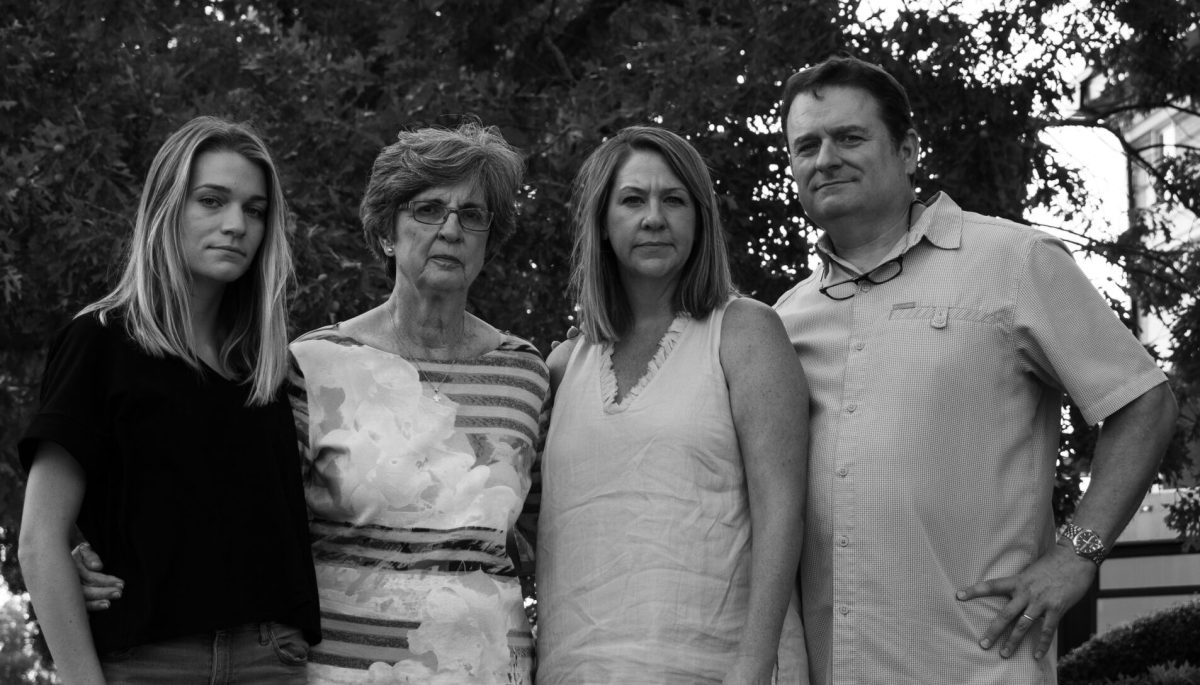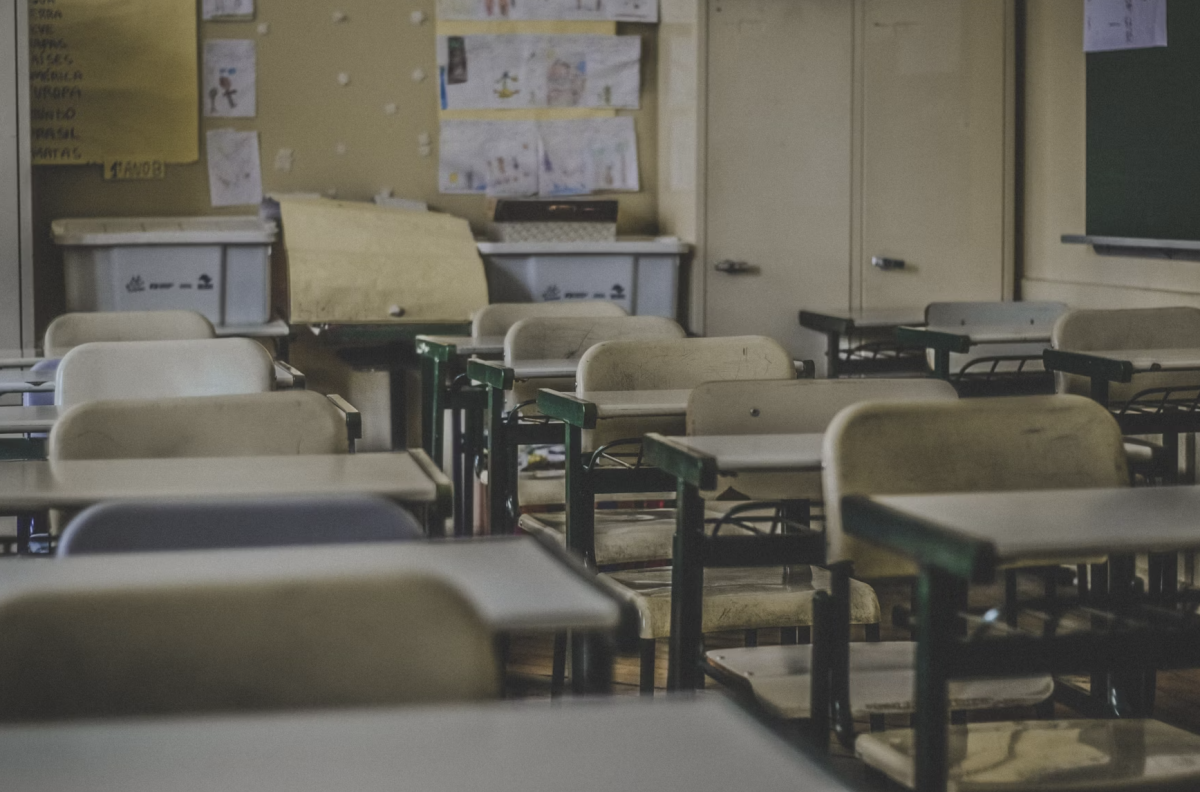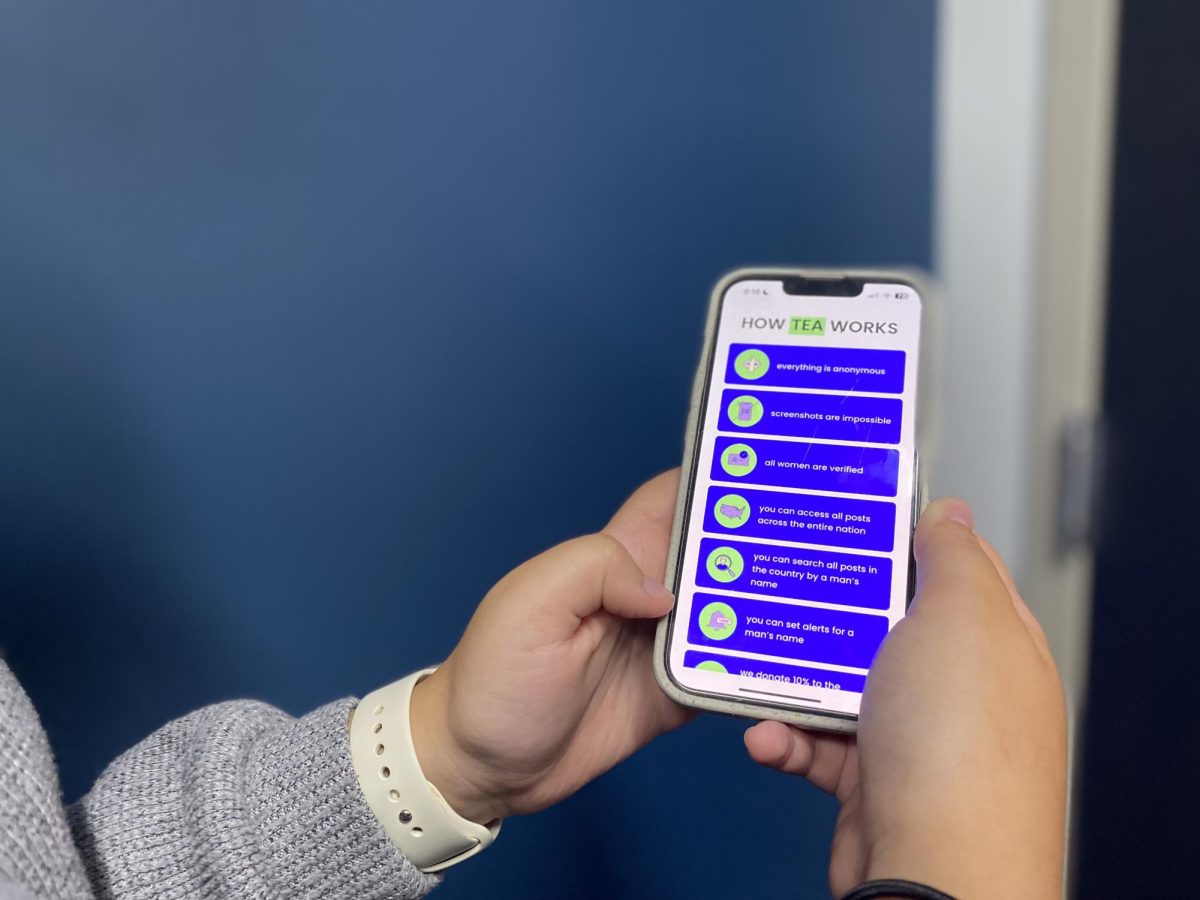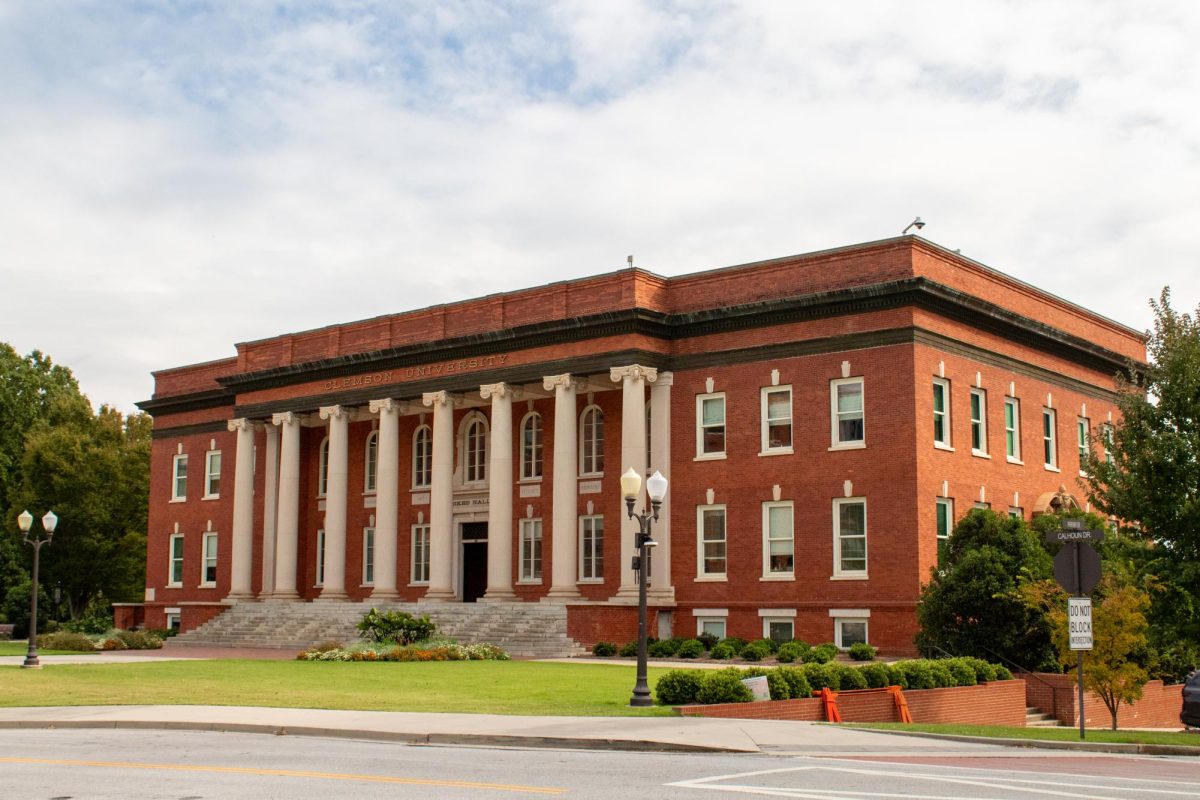Two weeks after Hurricane Ida struck Louisiana, a majority of residents in the county where the storm made landfall remain without power. Clemson alumna Grace Falgoust is from about an hour and a half from the coast, recovering from the damage that the category 4 storm inflicted.
Thibodaux, ‘down the bayou’ in the heart of Cajun country, is reeling in the aftermath of Ida. Falgoust’s family has joined her in Clemson while waiting for power and running water to return.
“We didn’t have time to prepare. To board up the house. To secure all of our belongings,” said Susie Falgoust, mother of Grace Falgoust. Susie is a preschool teacher at Thibodaux Elementary School, which is currently closed until further notice according to a September 1 letter.
She was teaching in-person two days before the storm on Friday, August 27. Students were still boarding busses, business as usual, while the Falgousts were planning a weekend trip down to the coast. The next morning, a mandatory evacuation order was issued. Some left the county, but many, the Falgousts included, did not.
“We decided to stay. It was not a good decision,” said Woody Falgoust, father of Grace Falgoust. With family in the area that could not leave in time, and valuables that could not be secured, it was a hard decision to make.
Hurricane Ida struck Port Fourchon on in the late afternoon with a peak gust of 172 mph. The sustained winds hit a high of 150 mph, making Ida the fifth strongest storm to make landfall in the United States based on windspeed.
“It was like a freight train coming through the house for six hours,” said Woody Falgoust. “It just blew, and blew, and blew.”
By nightfall, the Falgousts had lost both power and cell service. Grace, despite being hours away, was left in the dark along with her family.
Cajun culture holds the community together
As the Monday sun rose, residents of Thibodaux woke up to fallen trees, destroyed roofs and flooded roadways. The local hospital, Lady of the Sea General Hospital, lost their roof with patients inside.
While the storm was over for Louisiana, the recovery was just beginning. First responders set up tents across parking lots, preparing to provide accommodations for those who have lost their home. “The flood of first responders was overwhelming,” said Grace Falgoust.
But for those with trees blocking their driveway, or homes surmounted by debris, first responders were days away from reaching them. That’s where the Cajun culture kicked in. “It’s the sense of community and sense of pride,” said Susie Falgoust of the “very tight knit” culture.
Barbara Gauthier, relative of the Falgousts, recalled her neighbor coming over and helping remove trees blocking her driveway without a second thought.
“It’s a very unique community – unique to Terrebone Parish, Lafourche Parish,” said Grace Falgoust.
A lot of people ask why anyone would live in Louisiana, knowing the risk of hurricanes and natural disaster. To Grace, it’s because that’s where home is.
“It’s hard to go through hurricanes like this, but it’s really hard to deal with the thought of leaving home,” said Falgoust. “Or home not being here anymore.”















